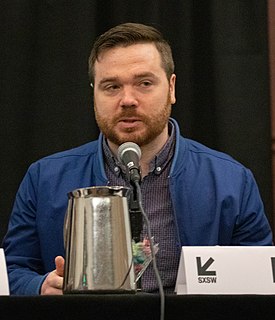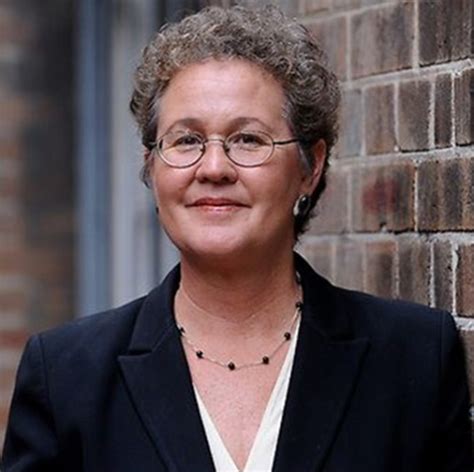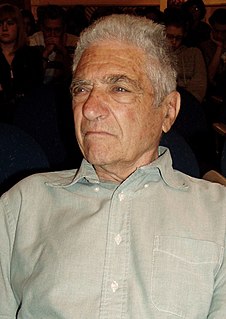A Quote by Derek Bok
Efforts to develop critical thinking falter in practice because too many professors still lecture to passive audiences instead of challenging students to apply what they have learned to new questions.
Related Quotes
In some of the classes, especially the introductory religion courses I took, the professors can veer into a particular strain of religious anti-intellectualism. Professors typically aren't given tenure at Liberty, so there's pressure to hew to the party line on religious and social issues. I didn't see a whole lot of my professors encouraging critical thinking among their students. Which isn't to say that students don't engage critical thinking skills at Liberty - just that it wasn't part of my classroom experience there.
Bureaucratic solutions to problems of practice will always fail because effective teaching is not routine, students are not passive, and questions of practice are not simple, predictable, or standardized. Consequently, instructional decisions cannot be formulated on high then packaged and handed down to teachers.
If we respect students abilities to define their own experiences, to generate their own hypotheses, and to discover new ways of categorizing the world, we might not be so quick to evaluate the adequacy of their answers. We might, instead, begin listening to their questions. Out of the questions of students come some of the most creative ideas and discoveries.
All efforts at self-transformation challenge us to engage in on-going, critical self-examination and reflection about feminist practice, and about how we live in the world. This individual commitment, when coupled with engagement in collective discussion, provides a space for critical feedback which strengthens our efforts to change and make ourselves anew.
The possibility that stock value in aggregate can become irrationally high is contrary to the hard-form "efficient market" theory that many of you once learned as gospel from your mistaken professors of yore. Your mistaken professors were too much influenced by "rational man" models of human behavior from economics and too little by "foolish man" models from psychology and real-world experience.
To put it simply, we need to keep the arts in education because they instill in students the habits of mind that last a lifetime: critical analysis skills, the ability to deal with ambiguity and to solve problems, perseverance and a drive for excellence. Moreover, the creative skills children develop through the arts carry them toward new ideas, new experiences, and new challenges, not to mention personal satisfaction. This is the intrinsic value of the arts, and it cannot be overestimated.



































